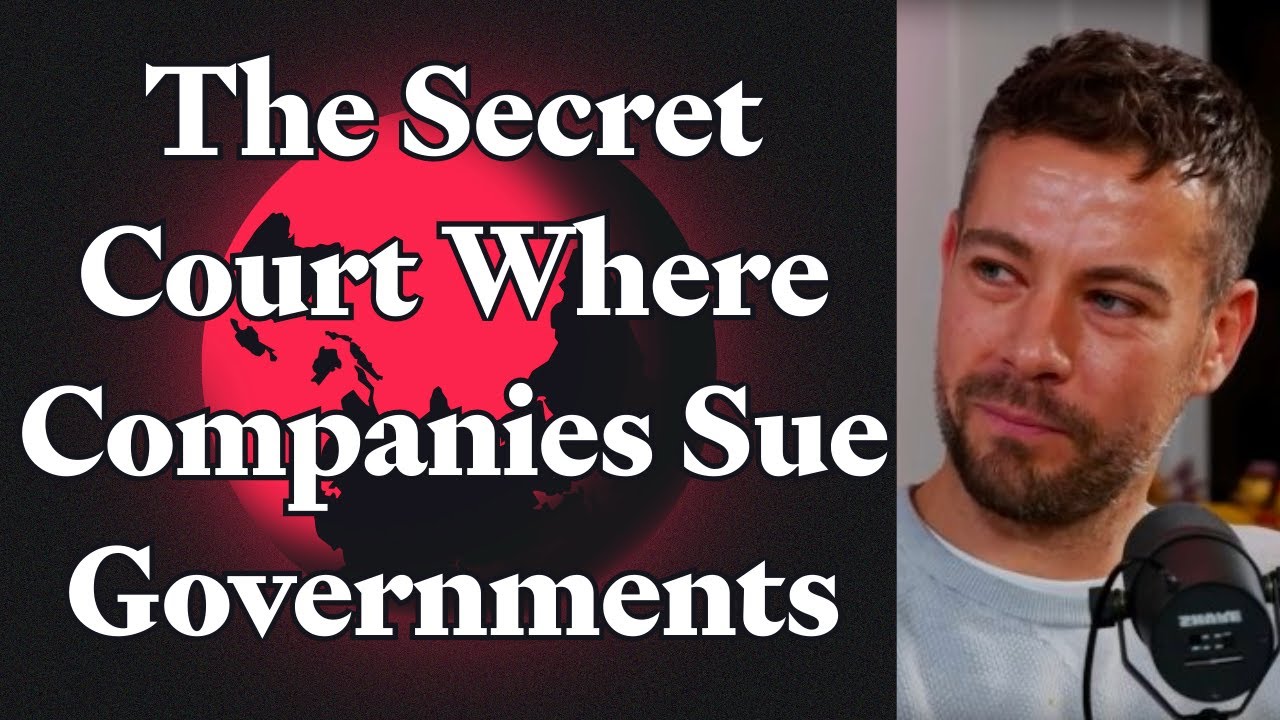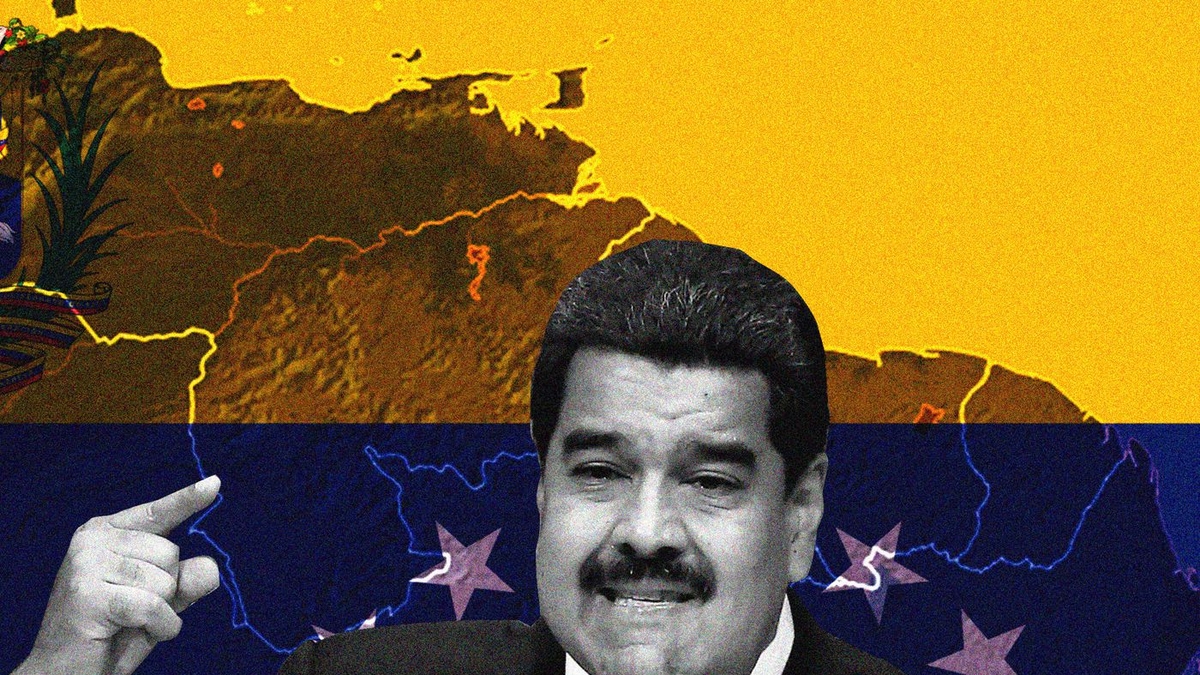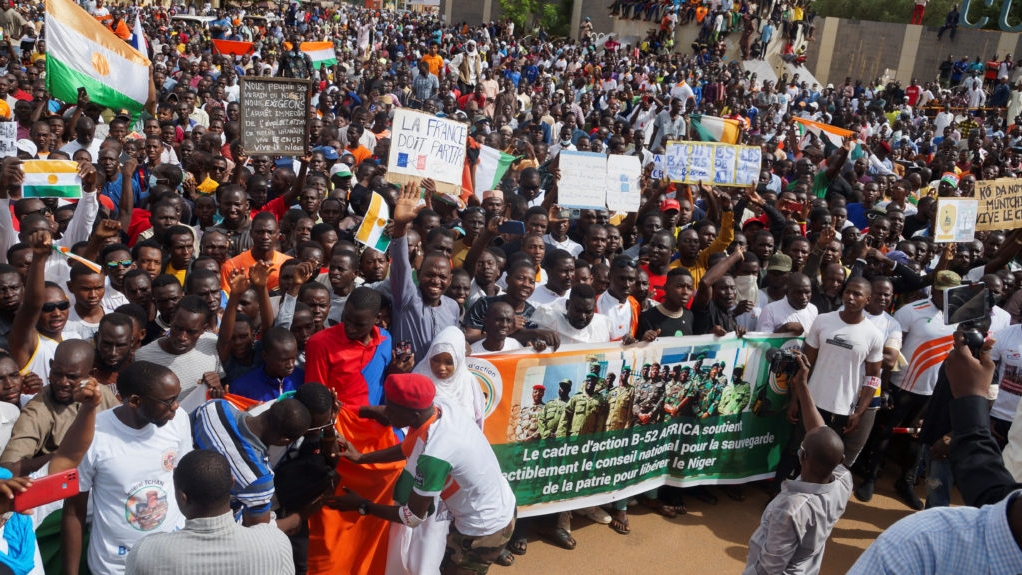

What Volcker did wasn’t special. Interest rates must be raised or lowered in proportion to inflation caused by supply or demand disruptions. That’s it.
It’s one of the many maintenance mechanisms needed to maintain capitalism. If handled incorrectly, without centralized control, the economy will crash every time there’s a disruption. That’s why we say there’s no such thing as the free market.
In this case, interests rates were raised in response to the 1979 oil crisis causing massive inflation. It’s not a conscious choice or a change in policy, but rather a response to material conditions.
As a result, this is why you need to look at trends on a longer scale in order to even out these disruptions to find the macro trend. And these macro trends usually have to have something huge as a root cause, like the fall of a rival superpower. Not a temporary increase in interests rates.











Then do you want to explain the 1:1 correlation between interest rates and inflation?
Or this investopedia article?
https://www.investopedia.com/ask/answers/12/inflation-interest-rate-relationship.asp
And a market crash would be something like the Great Depression, where there was world-wide hyperinflation and money was worthless. This specifically happened because the gov refused to bail out corporations.
The closest that we’ve gotten was Covid. But even then, it was understood that there would be a recovery after vaccine deployment.